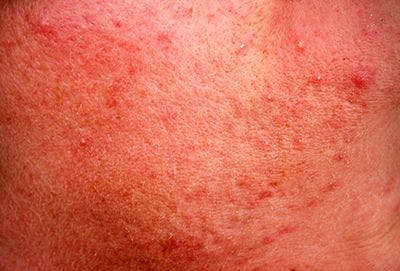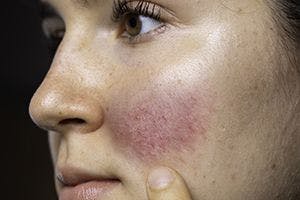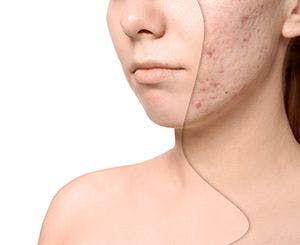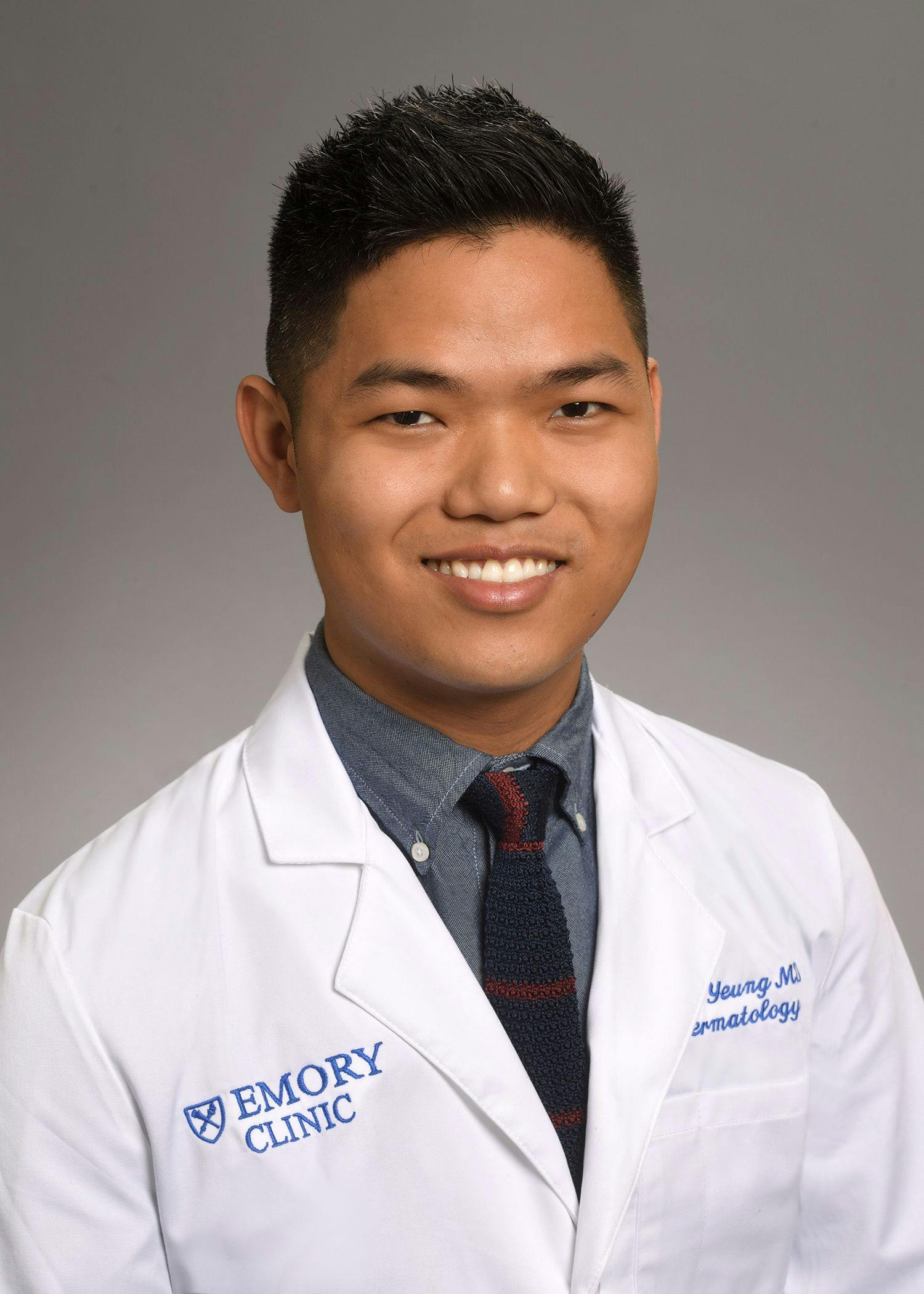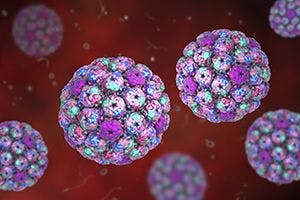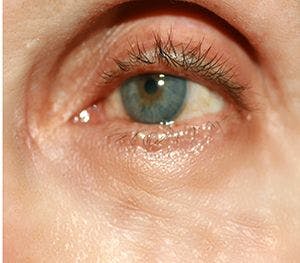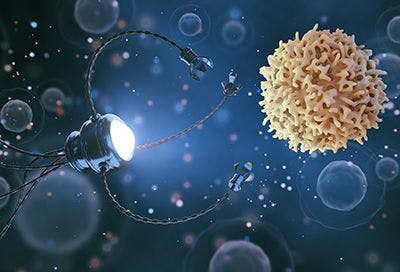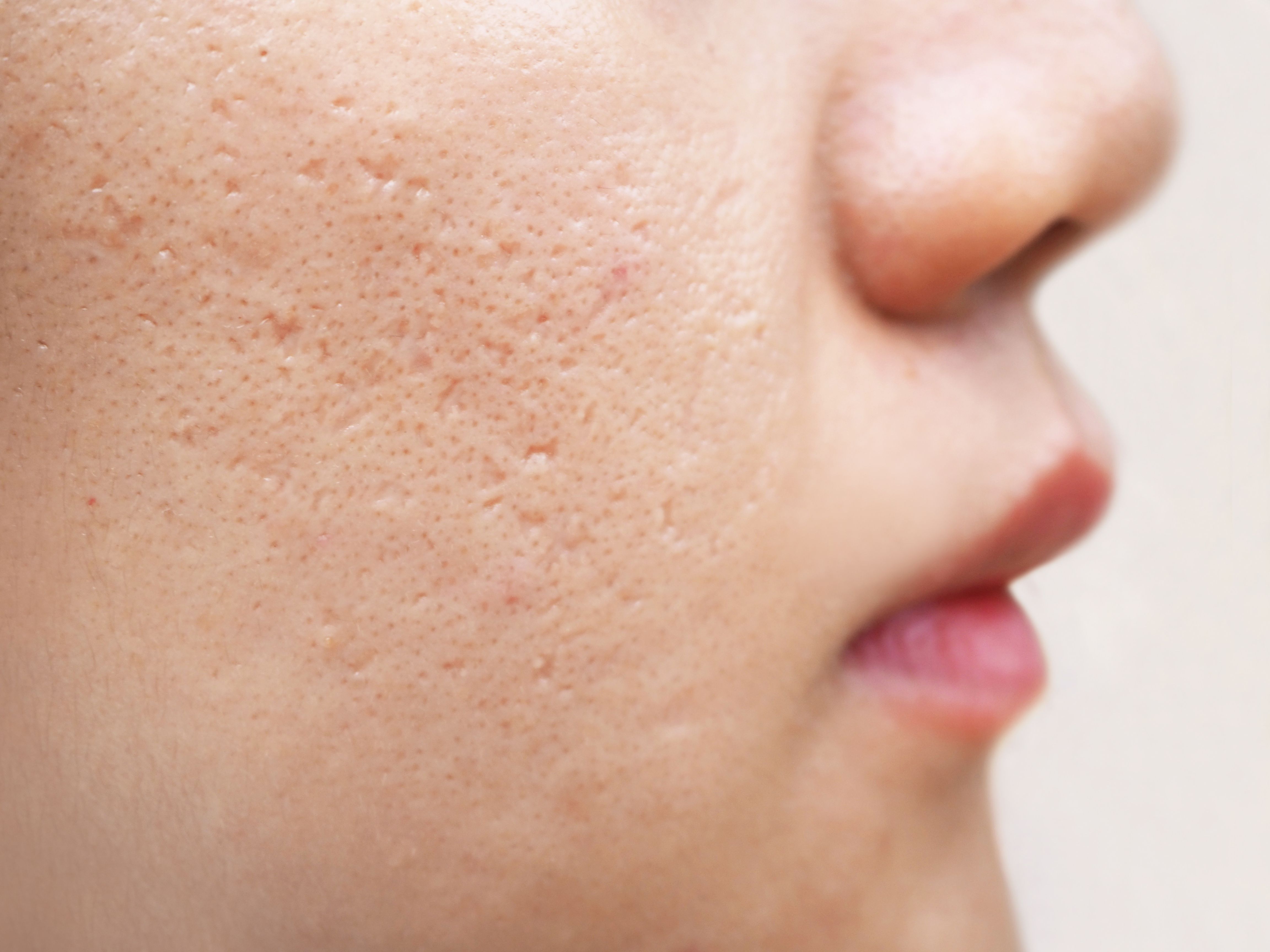- Acne
- Actinic Keratosis
- Aesthetics
- Alopecia
- Atopic Dermatitis
- Buy-and-Bill
- COVID-19
- Case-Based Roundtable
- Chronic Hand Eczema
- Chronic Spontaneous Urticaria
- Drug Watch
- Eczema
- General Dermatology
- Hidradenitis Suppurativa
- Melasma
- NP and PA
- Pediatric Dermatology
- Pigmentary Disorders
- Practice Management
- Precision Medicine and Biologics
- Prurigo Nodularis
- Psoriasis
- Psoriatic Arthritis
- Rare Disease
- Rosacea
- Skin Cancer
- Vitiligo
- Wound Care
Publication
Article
Dermatology Times
Researchers encourage reporting on hormone therapy in acne trial demographics
Author(s):
Many current acne clinical trials do not consider those patients already on hormone therapy, which researchers say may affect therapeutic outcomes. Authors of a recent study encourage this reporting in future studies to help clinicians better assess how the data might represent a practice population.
Many of the current acne clinical trials do not consider those acne patients already on hormone therapy in their calculus, according to a recent study.1 Because current treatment regimens may not always have the same efficacy in clearing acne symptoms in patients with acne who are on hormone therapy, it begs the need for improving treatment guidelines for this patient population, researchers say.
Dr. Yeung
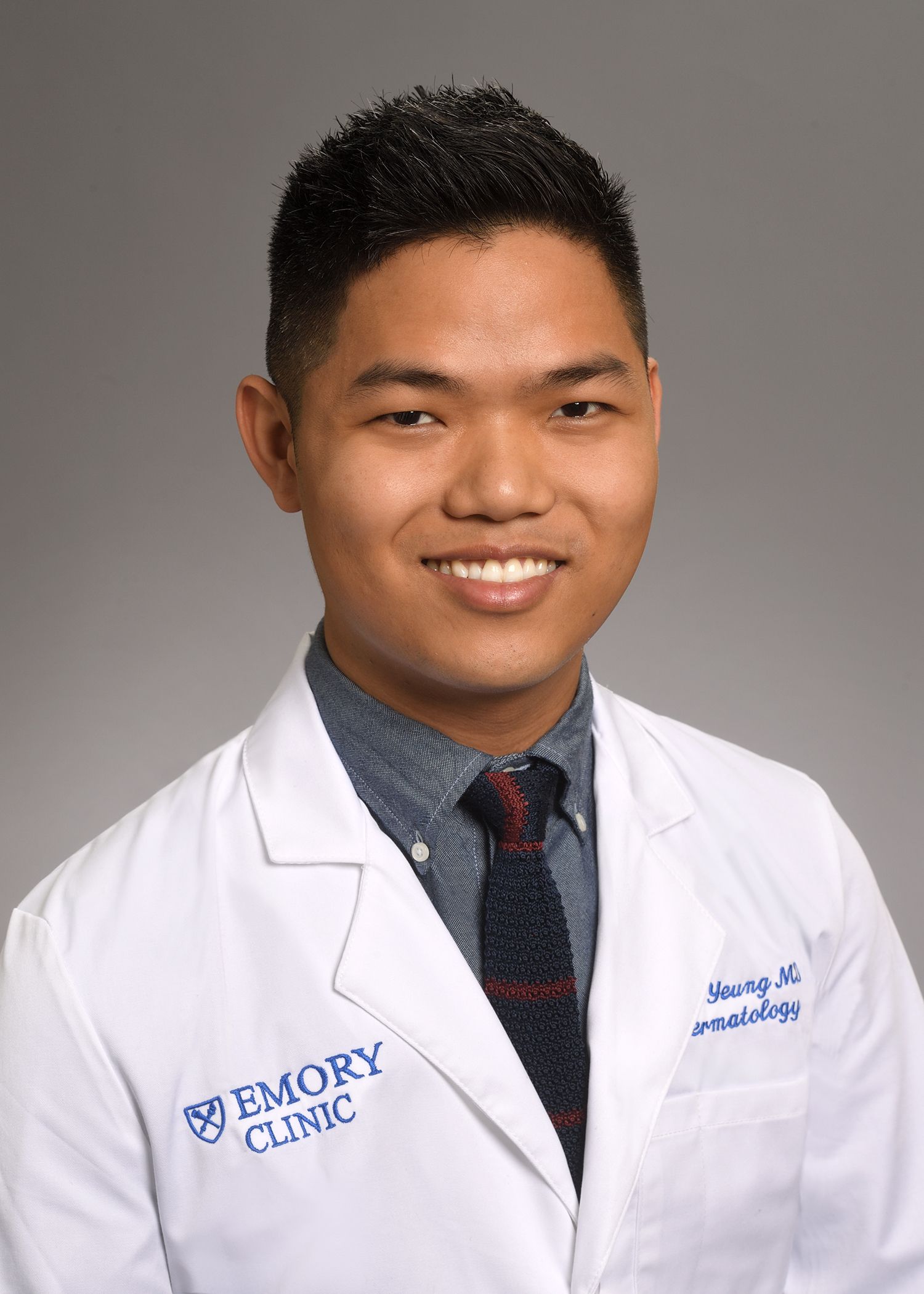
“I see a lot of acne in my practice and in our gender clinic in individuals who are starting gender-affirming hormone therapy. Some of these patients on hormone therapy get quite refractory acne and we are always trying to find the appropriate acne therapy for those who clearly have hormonal acne,” says Howa Yeung, M.D., M.Sc., assistant professor of dermatology, department of dermatology, Emory University School of Medicine, Atlanta, and senior author of the study. “This can be very challenging sometimes because the current guidelines for acne are quite broad and presumably applicable to everyone with acne whether it’s of hormonal etiology or not.”
Dr. Yeung and fellow colleagues recently conducted a study to examine the inclusion and exclusion criteria of acne clinical trials to identify any potential barriers to the enrollment of patients receiving hormone therapy.
The researchers queried the clinicaltrials.gov database for interventional studies from 2009-2019 using the search term “acne”. All age groups and genders were included in the search. They analyzed the inclusion and exclusion criteria of acne interventions with a focus on those related to hormone therapy and contraception.
Of the 86 studies that were identified and included in the evaluation, results showed that 37 studies (43%) had exclusion criteria related to hormone therapy. Patients with medication-induced acne were excluded in 10 studies (11.6%) and patients with hormone disorders were excluded in four studies (4.7%). Other exclusion criteria included current use of oral contraceptives (3.5%), androgen blockers (4.7%), hormone-replacement therapy (2.3%), or use of any medication (7%). The researchers also found that overall, patients receiving consistent oral contraceptives and/or androgen blocker therapy would be excluded from 15 trials (17.4%).
According to Dr. Yeung, a lot of the hormone providers appear to under-recognize the impact of acne on patients, particularly those who are starting on oral contraceptives or oral testosterone for some reason that is not dermatology related.
“I believe that a large part of these patients do not even see a dermatologist, protracting the long-term suffering associated with acne. For those that do, they may receive acne treatments that do not specifically target the underlying hormonal cause. As these cases can be challenging without recognizing the clear link between hormone therapy and acne, clinicians need to be mindful when contemplating treatment in these patients,” Dr. Yeung says.
Despite the many guidelines on acne treatment and management, Dr. Yeung says that there is a lack of high-quality data on the treatment of acne among patients receiving hormone therapy. According to Dr. Yeung, in the United States alone, this potentially impacts the treatment of acne among at least 9.1 million women using oral contraceptive pills in 2015-2017 and 2.3 million cisgender and transgender men receiving testosterone replacement therapy.
“I am hopeful that as more and more data is being built regarding what is the optimal treatment for hormonal acne as well as some newer therapies in the pipeline that specifically target the hormonal pathogenesis of acne, hopefully we will have a more streamlined approach to evidence-based strategies for this patient population,” Dr. Yeung says.
As the current data regarding the best way to treat acne in the setting of hormone therapy is lacking, Dr. Yeung encourages all future acne clinical trials researchers to explicitly report how many patients are on oral contraceptives or other hormone therapy in the trial demographics so that clinicians can know how representative their data would be in real-life scenarios for patients who are on hormone therapy.
Disclosure:
Dr. Yeung previously received honoraria from Syneos Health. He is currently supported by the NIH Loan Repayment Program L30 AR076081.
Reference:
1 DeGrazia TM, Rolader R, Thiboutot DM, Yeung H. Eligibility criteria related to hormone therapy in acne clinical trials: a systematic review. J invest Dermatol. 2020. May 26;S0022-202X(20)31601-8.
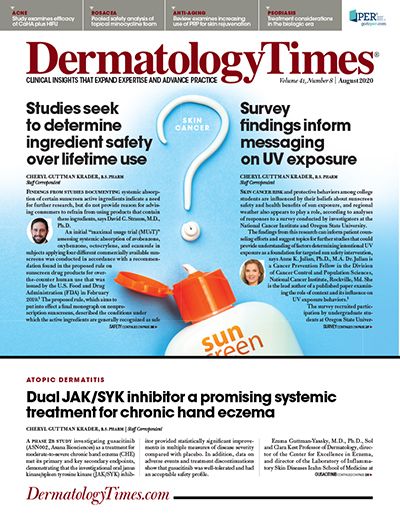
Newsletter
Like what you’re reading? Subscribe to Dermatology Times for weekly updates on therapies, innovations, and real-world practice tips.




